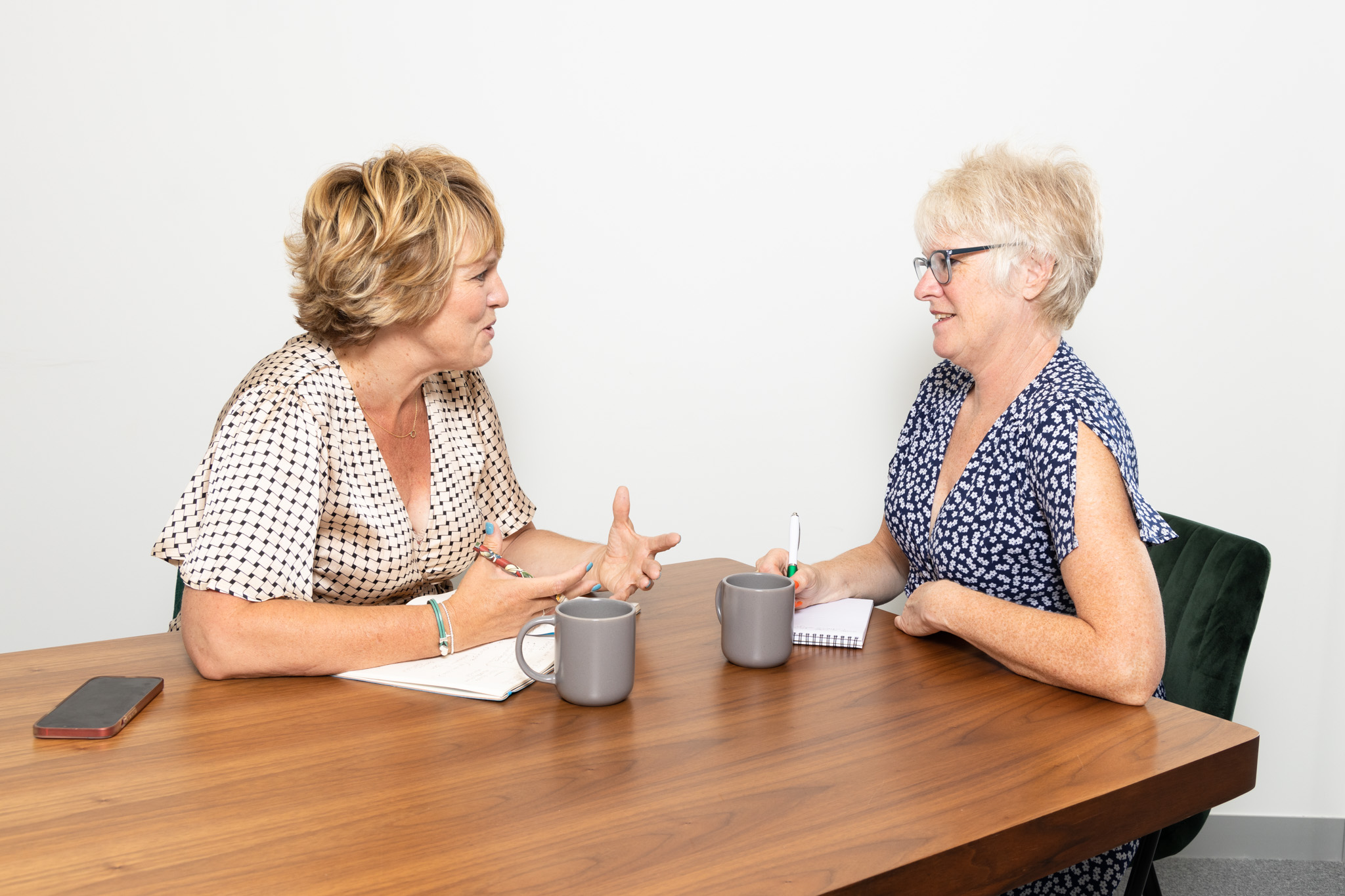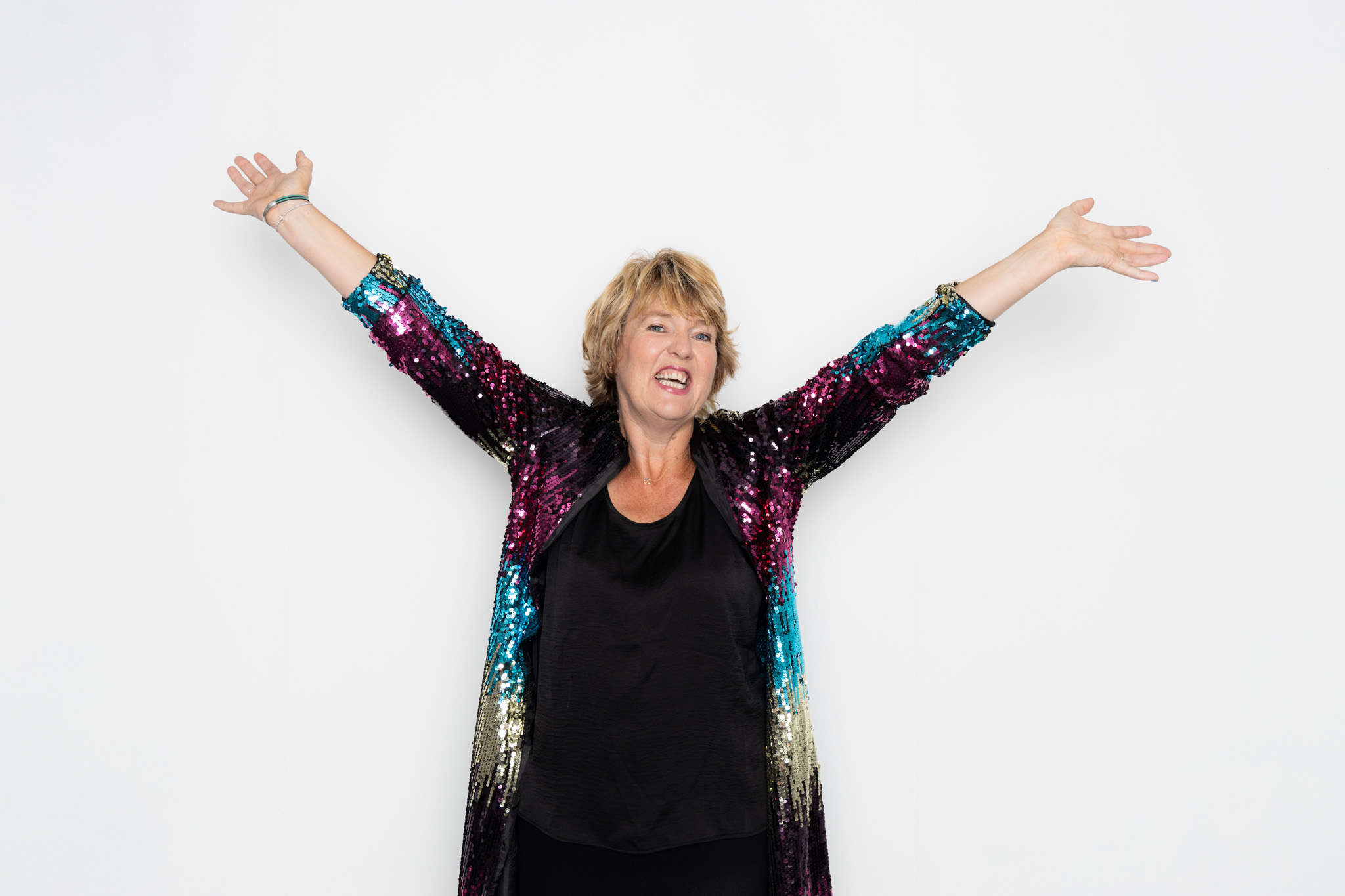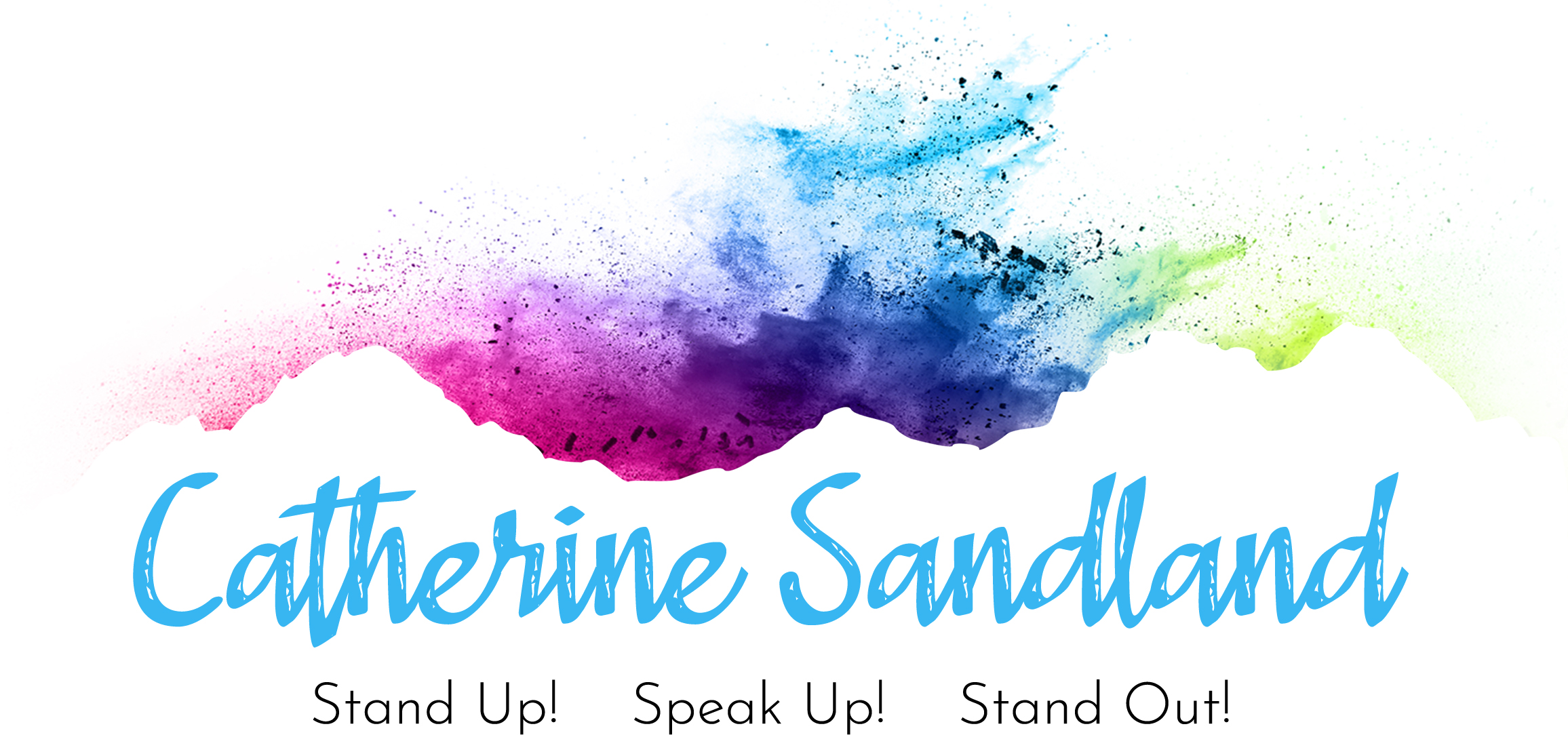Speaking in Public isn’t magic – but it can create something magical
It’s not magic. When we can speak clearly, concisely, and compellingly, something magical happens.

Speaking in public is a skill that can be learned. There are plenty of people out there who don’t like speaking in public. There are plenty of people out there who would count themselves as introverts. There are plenty of people out there who have had horrible experiences of standing up and speaking to groups.
They still do it.
They still show up, stand up, speak up and in so doing make a difference.
What do I mean by something magical?
You see, an exceptional speaker can connect with their audience. It’s that connection which creates something above & beyond the words they use. There is something about what they say and the way that they say it and the way that that resonates with the hearts and minds of their audience, that creates a spark.
“If you’ve ever been to a presentation where you have felt uplifted, then you’ve experienced magic. If you’ve ever been to a presentation that challenged and motivated you to take action or to see the world differently, then you’ve experienced magic.”
Do you remember that saying often quoted in the school playground? ‘Sticks and stones may hurt my bones but words will never touch me.’ Rubbish!
Words have the power to touch and motivate us. Words have the power to create meaning and sense of purpose out of the experience. When we speak in public, we can use those words to deeply impact our audiences.
The great news is that this can be learnt.
This isn’t an overnight success story. Great speakers are speakers who …well, go out there and speak. They don’t just speak once a year twice a year, maybe three times. They learn their craft by going out, showing up, standing up, and speaking it up consistently.
Regularly speaking in public whether that is a Facebook live, video, or networking event, for example, is great practice and exposure. To create the magic show you need a magical ingredient.
“That ingredient is the ability to learn from every experience.”

Learning ability can be accelerated when we get feedback
Allegedly accredited to Albert Einstein, the phrase that springs to mind is ‘doing the same thing over and over, is the very definition of madness.’ If we speak in public and we don’t learn from each one of those experiences, then we are indeed just doing the same thing over and over. What we need is to get feedback and have a way of effectively reviewing our performance. We need to use that insight to improve our next performance. Then we will go from good to great to exceptional.
So, how can we learn to be better speakers?
If the thought of standing in front of an audience and delivering a presentation or speech just seems too big and possibly too overwhelming, then break it down into stages.
Stage one
is working out the focus. What’s the message that you wish to convey? Of course, this is not the same as the content, but it does give you great clarity and the ideas, knowledge, and feelings you most wish the audience to understand, find meaningful and connect with.
Stage two
is working out what to say. This is not just a list of things that you know and the information you want to say. It is those things and information that the audience needs to take away your overall message.
Read that again. It’s important. it is a subtle but critical difference.
Stage three
How are you going to shape and craft the content (what) in a way that:
- makes sense,
- is appealing and engaging,
- is memorable and easy to recall after your talk?
Notice this is very different to listing or bullet pointing your information.
Stage four
is all about sequencing. In what order are you going to deliver? How can this be attention-grabbing, interest-grabbing, engaging, memorable, and easy to digest. By the way, when I say easy, I don’t mean dumbing down. Many of our presentations may well be challenging and may have to overcome certain objections but we still need to be able to put them across in a way that makes sense.
So, we have a process. We’ve also talked about the importance of getting out there and doing this regularly. Make sure of course that you ask for and receive feedback.
So where is the magic?
Magic is when your audience is listening to you and to know that you’re speaking to them. You are a human being talking to another human being with some insight and some connection and some care for them and their lived experience. The magic comes when you stir something in the hearts of your audience. When you fan a tiny flame that turns into a burning fire. When you motivate and create a desire to act. When you have planted a seed that will linger and grow and demand attention. When what you say stays with your listeners and impacts their thinking, their lives.

